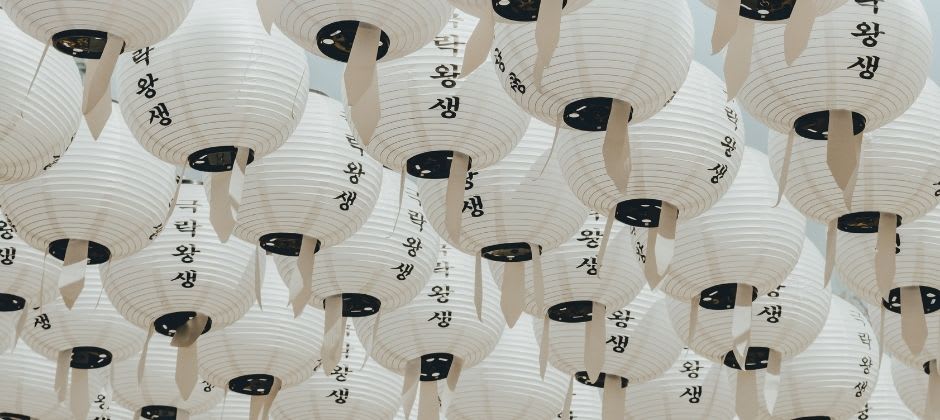Study in South Korea: Housing & Living Costs
As South Korea’s star ascends, so does its cost of living. However, compared to major American cities like New York, Washington, D.C. and San Francisco, Seoul is still very much affordable. South Korea is also known for generally having higher wages as the tech and business sectors dominate the economy.

As South Korea’s star ascends, so does its cost of living. However, compared to major American cities like New York, Washington, D.C. and San Francisco, Seoul is still very much affordable. South Korea is also known for generally having higher wages as the tech and business sectors dominate the economy.
The currency of South Korea is the South Korean Won (₩). It can be tricky to find Won outside of Eastern Asia. If you can’t find Won, take US Dollars or Chinese Yuan with you and exchange these to Won once you’ve arrived.
There are schools across the country, but many international students find themselves in Seoul. These prices will reflect the costs in the capital. Some average living costs are (in ₩ and USD):
- Monthly rent (1 bedroom apartment): 975,000₩ ($830)
- Utilities (monthly average): 200,000₩ ($170)
- Monthly public transport pass: 55,000₩ ($45)
- Meal (inexpensive restaurant): 8,000₩ ($7)
- Coffee: 4600₩ ($3.90)
- Milk (1 liter): 2500₩ ($2.15)
- Vegetables (1kg): 3,000₩ - 8,000₩ ($2.55 - $6.80)
- Eggs (dozen): 3,300₩ ($2.80)
- Water (1.5 liters bottled): 1,400₩ ($1.20)
- Beef (1kg): 40,000₩ ($34)
- Beer (bottle): 2,800₩ ($2.40)
- Bread (loaf): 2,760₩ ($2.35)
The average cost of living in Seoul is 1,260,000₩ ($1075) per month. Rent is normally counted as a separate cost in South Korea.

Most students, both South Korean and international, live in goshiwon. Goshiwon are shared accommodation. Students sometimes have their own room, but sometimes share a room with up to four people. You will always share a kitchen and sometimes a bathroom. This type of accommodation is called dorms in the US, or halls or corridors in Europe. Goshiwon can be rented from your school, a contractor approved by them or from private landlords. The private rental sector is well-regulated in South Korea.
Chip-and-pin and contactless bank cards are widely accepted across South Korea, even in more rural areas. ATMs are also numerous. You’ll still need to carry some cash with you, though, as market stalls and street food vendors normally don’t take cards.
Study in South Korea
Want an overview of this remarkable country? This section looks at South Korean culture, the landscape, the unique language and its main sectors. This section also summarises why a South Korean degree can give you a competitive edge.
Education in South Korea
Want to learn about how the higher education system works in South Korea? South Korea is becoming a go-to destination for a variety of students, given its great reputation, reasonable fees and its fascinating culture and language. Take a minute to find out more about the structure of the education system in South Korea!
Student Visas
Do you need a visa to enter South Korea to study? Learn more about the student visa process, and what you need to enter the country, depending on your citizenship. Don't worry! South Korea's unusual approach to visas actually makes things surprisingly simple.
Tuition Fees & Scholarships
Tuition fees for degree programs in South Korea can vary. Both international and domestic students are expected to pay tuition fees in South Korea, but these fees can vary a lot. We've put together information on how this works, and on the fantastic Global Korea Scholarship, in this section.
Language & Culture
South Korea is a country with a rich culture. Find out more about what the country offers in terms of language, culture, and more! We also talk about how to stay safe in South Korea in this section.
Application Process
Learn more about the standard application process in South Korea. There's no national application portal, so this section covers what you'll generally need to do when applying to individual schools in South Korea.
Programs
Ready to look at education in Asia? Use our search engine to find and compare top programs in Asia today!

Author
The Keystone Team is comprised of experienced educators and advisors dedicated to providing valuable resources and advice to students all over the world.